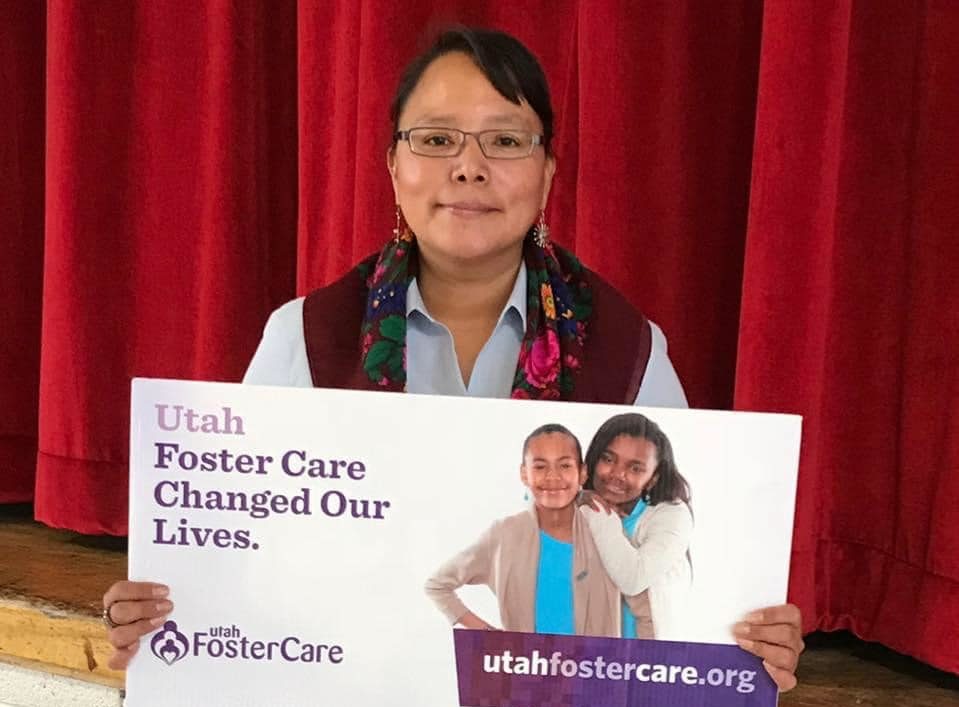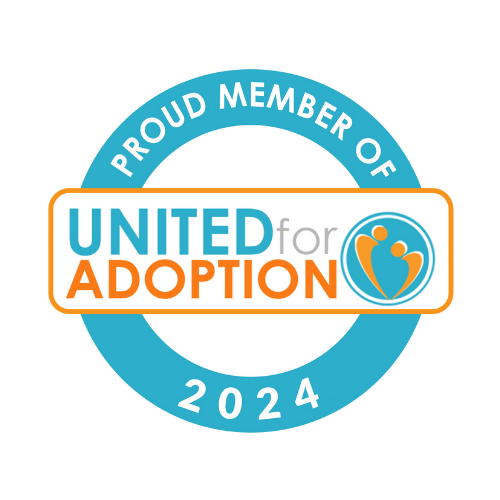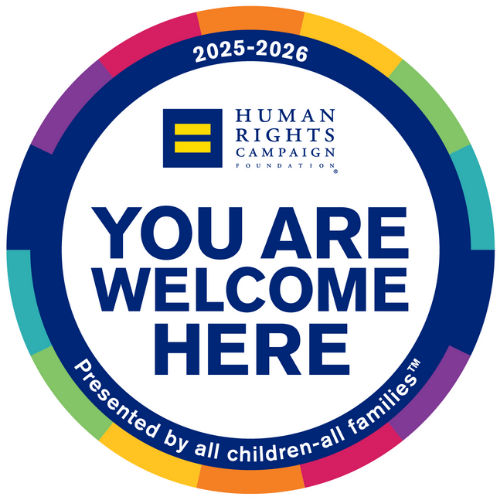Historically speaking, American Indian / Alaskan Native (AI/AN) children have been taken from their families and cultures on the grounds of assimilation and culturally insensitive perspectives. When these children were taken, they were torn away from their cultures and communities and placed in non-Native homes. Due to the significant loss of children in these communities (nearly 25-35% of all children -BIA 2016), there became a culture gap within Indigenous communities.

To try to help preserve this culture, in 1978 the Indian Child Welfare Act (ICWA) was passed. Passage of ICWA meant that federal standards for placement of AI/AN children were put in place. These include: extended family, other families within the tribe, licensed Indigenous foster families, an institution approved by the tribe, and then a non-Native foster home.
However, there remains a significantly disproportionate number of AI/AN children in foster care with too few licensed AI/AN foster families to take care of them. To understand why this is happening and how we can improve the numbers of Indigenous foster parents, Utah Foster Care’s Salt Lake region is working on a survey designed to better understand what barriers Indigenous people may be facing when it comes to becoming licensed foster parents.
Interested in taking our anonymous survey below?






